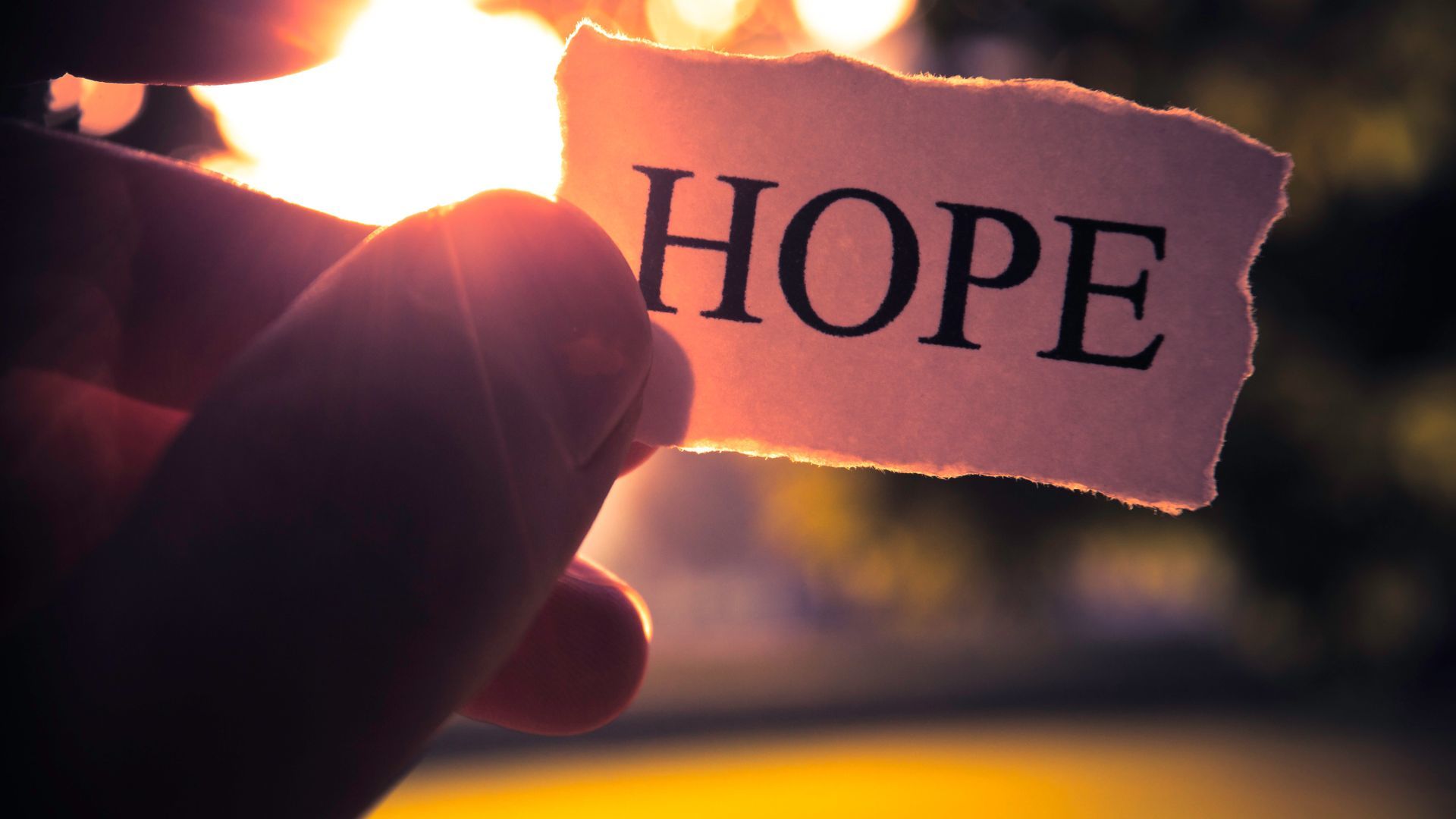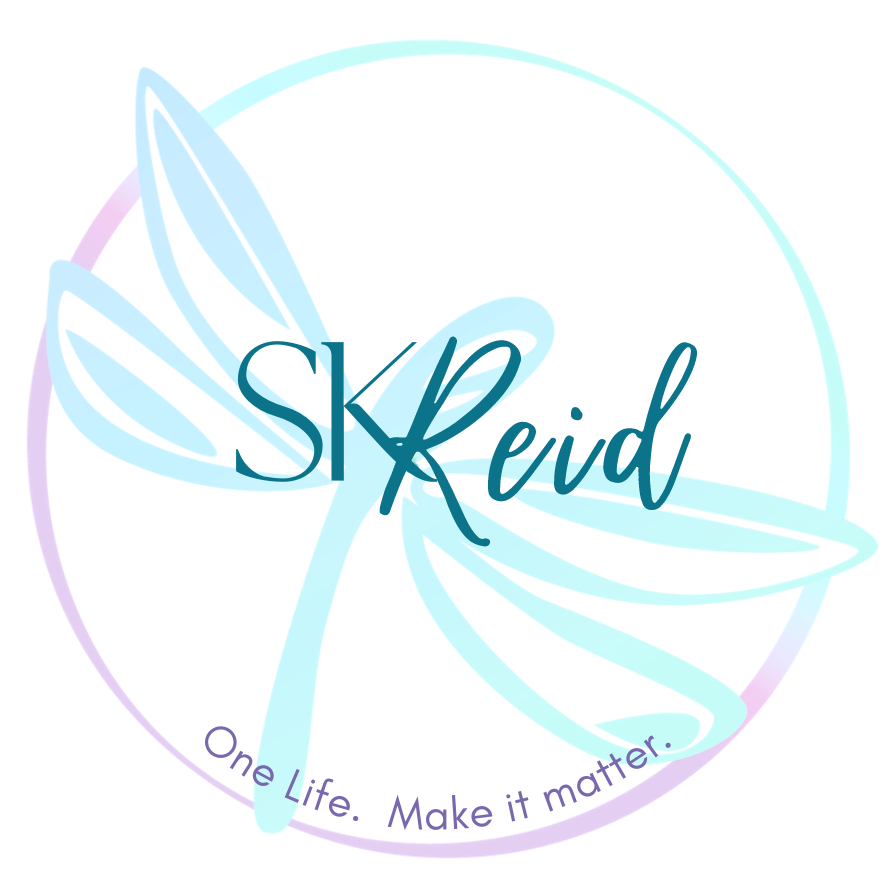In the wake of events like the LA fires, it’s hard not to feel the ripple effects of trauma—whether you’re directly impacted or witnessing from afar. These moments shake us to our core, leaving us searching for ways to make sense of the chaos.
Trauma, whether experienced firsthand or through the stories we hear, affects us in profound ways. It lives not only in our minds but in our bodies, shaping how we react to the world. I can say this from personal experience. But I can also share with you that amidst the weight of these moments, there is a quiet truth: we are more resilient than we realise.
Exploring Trauma and Its Ripple Effects
Trauma doesn’t just fade with time—it changes us. It lingers in our nervous systems, sometimes leaving us on high alert long after the immediate danger has passed. For many, witnessing events like the devastation of the LA fires can lead to what’s known as vicarious trauma, where the emotional toll of witnessing suffering feels personal and overwhelming. As someone who’s worked in bushfire education and lived through its impact, I’ve seen how deeply trauma ripples through communities and individuals.
These responses aren’t weaknesses—they’re deeply human. They’re a reflection of our capacity to empathise, to feel, and to connect with others. And while the weight of trauma can feel inescapable, there are tools and practices that can help us find calm amidst the storm. This can be even more important with the added complexity of feeling not just the effects of vicarious trauma, but compassion fatigue. Compassion fatigue serves as a protective mechanism, and it can be your body and mind’s way of signifying to you that you need to take care of yourself. The effects of trauma- either directly or indirectly- can and do take their toll on our emotional health. This in turn can lead to an overburdened immune system, leading to the possibility of compromised health. This is the last thing anyone needs when navigating stressful and challenging times.
The Power of a Nervous System Reset
When stress and overwhelm take hold, small steps can make a big difference. Grounding techniques—like focusing on your breath, noticing the physical world around you, or reflecting on a moment of strength—can help reset your nervous system.
These moments of pause are more than just acts of self-care; they’re reminders of our capacity to heal. By giving ourselves permission to slow down, we create space for the body and mind to reconnect, restoring a sense of calm and balance. This sense of calm helps to reduce the negative effects of stress hormones. While some stress can be positive, the deleterious effects of too much negative stress is well-documented.
Tying Trauma to Transformation
Trauma changes us, but so does resilience. Nurturing resilience is one of the most supportive things you can do to support well-being. This is more than about surviving—it’s about growing, adapting, and finding meaning in what feels impossible to process. This theme runs through my upcoming book, which explores how individuals and communities navigate profound change. It’s about asking the big questions: How do we rebuild when the world feels broken? How do we transform pain into strength? You can find out more here.
Finding Calm in the Chaos
To support those navigating these challenges, I’ve created a free Psychological First Aid guide. It’s a resource designed to help you take small, actionable steps toward grounding and resilience.
You can download it here. And if you’d like a moment of calm right now, try this short meditation below. Prefer listening on Podbean? Click here to check it out and subscribe!
Final Reflections
In a world that often feels chaotic, it’s easy to forget the strength we carry within. But resilience isn’t about being unshaken—it’s about finding a way to stand, even when the ground feels unsteady.
Whether you’re navigating your own trauma, supporting someone else, or simply seeking a moment of peace, know this: you’re not alone. Together, we can take small steps toward calm, one breath at a time.


